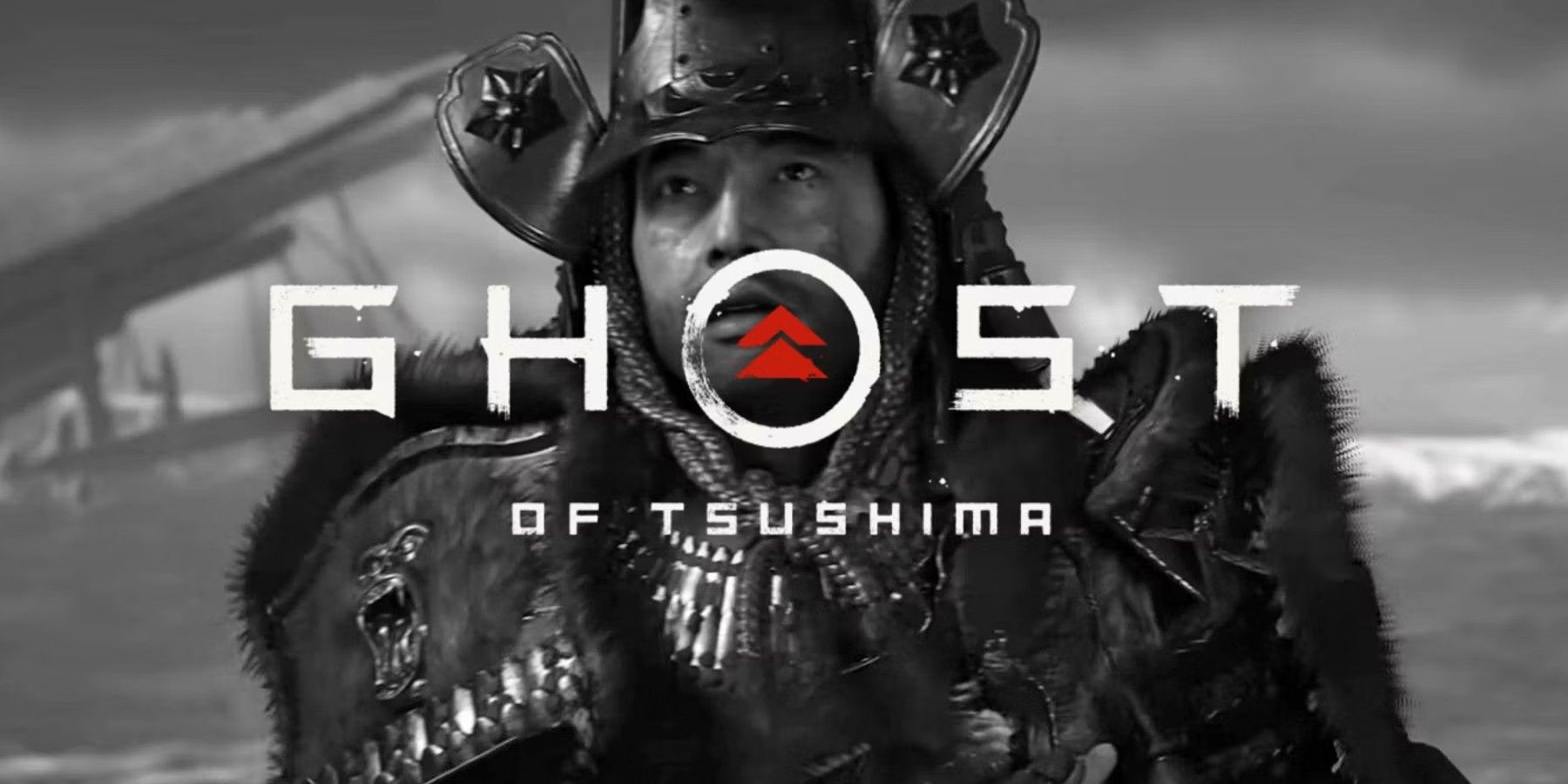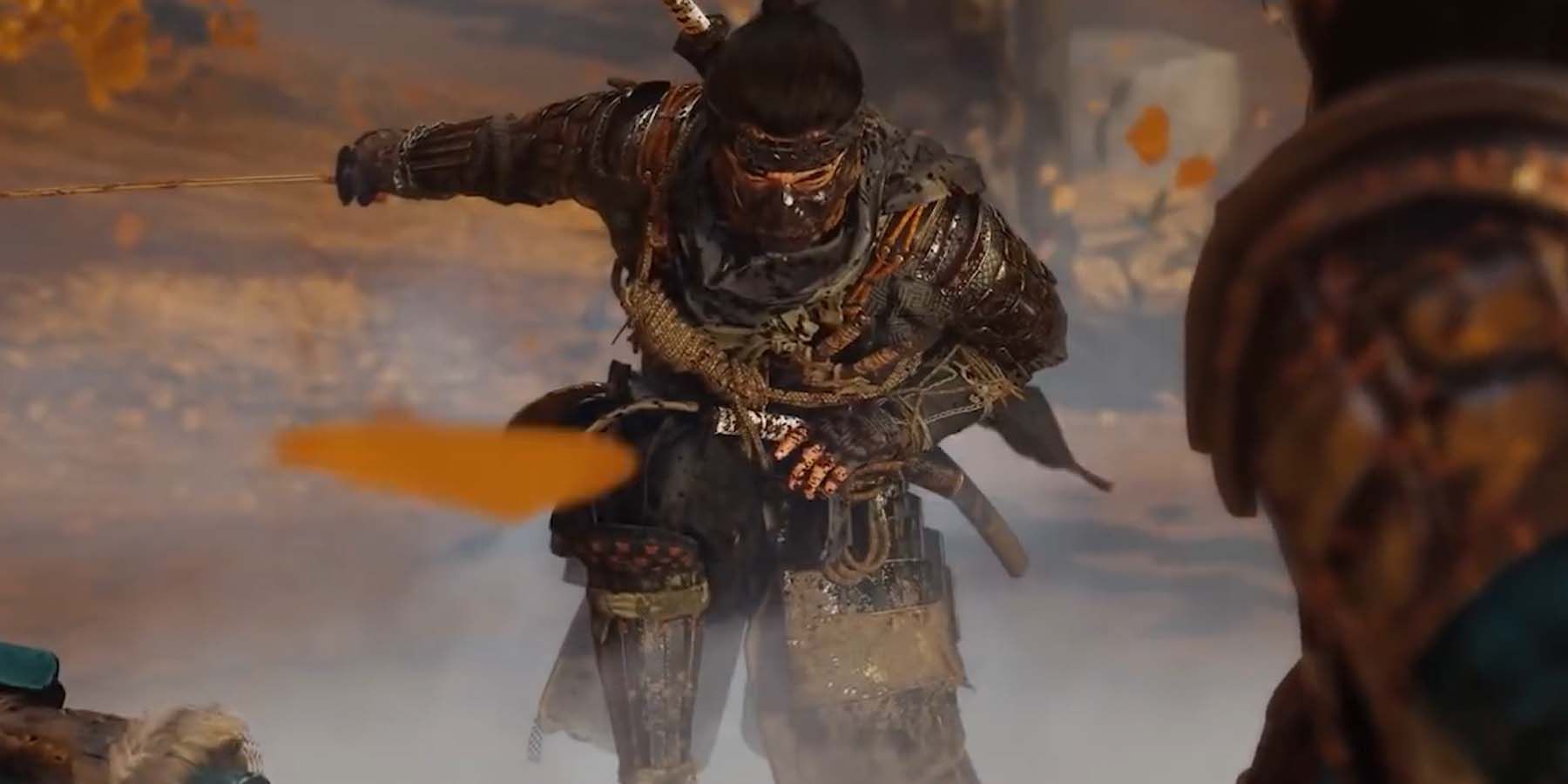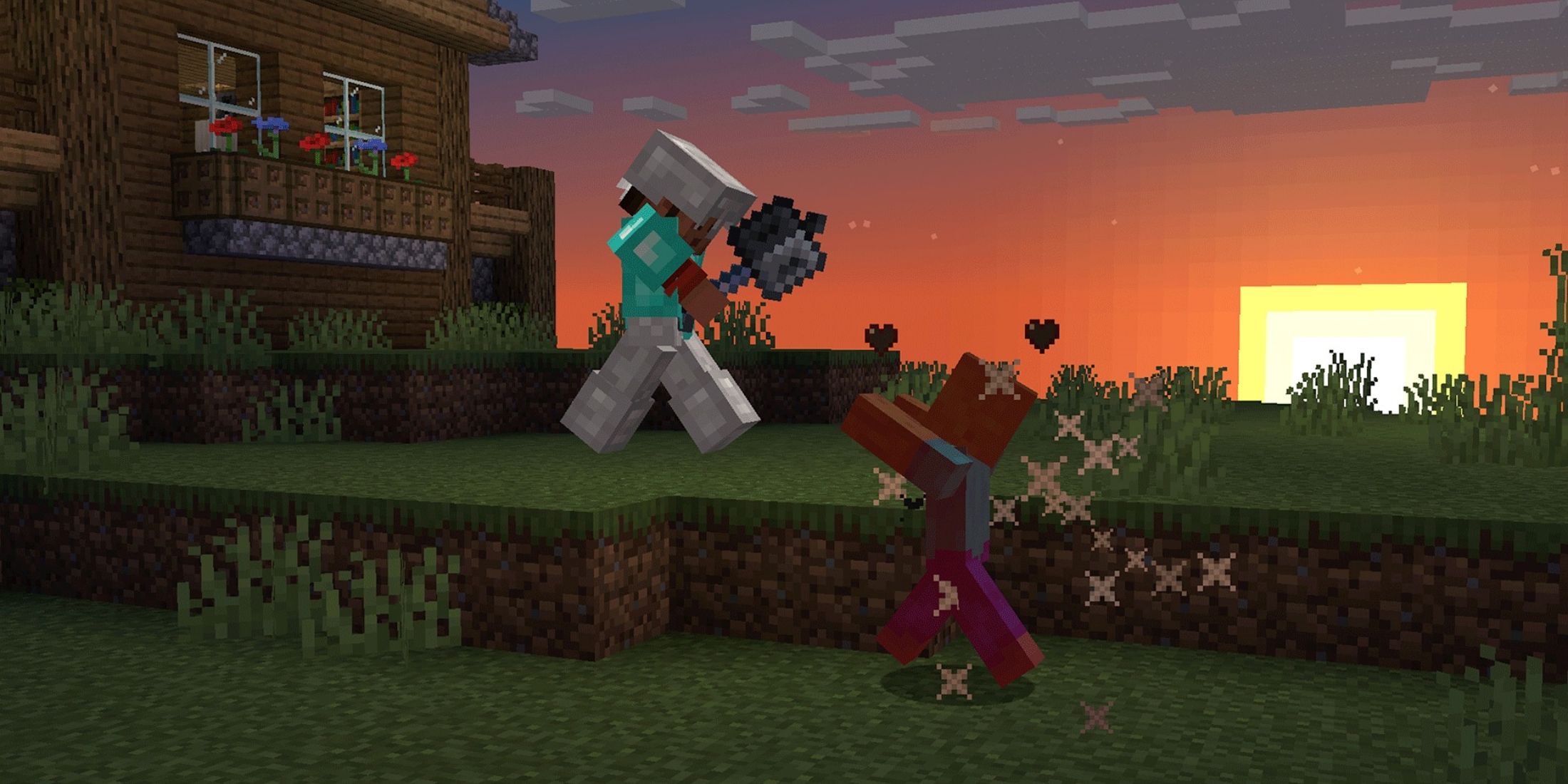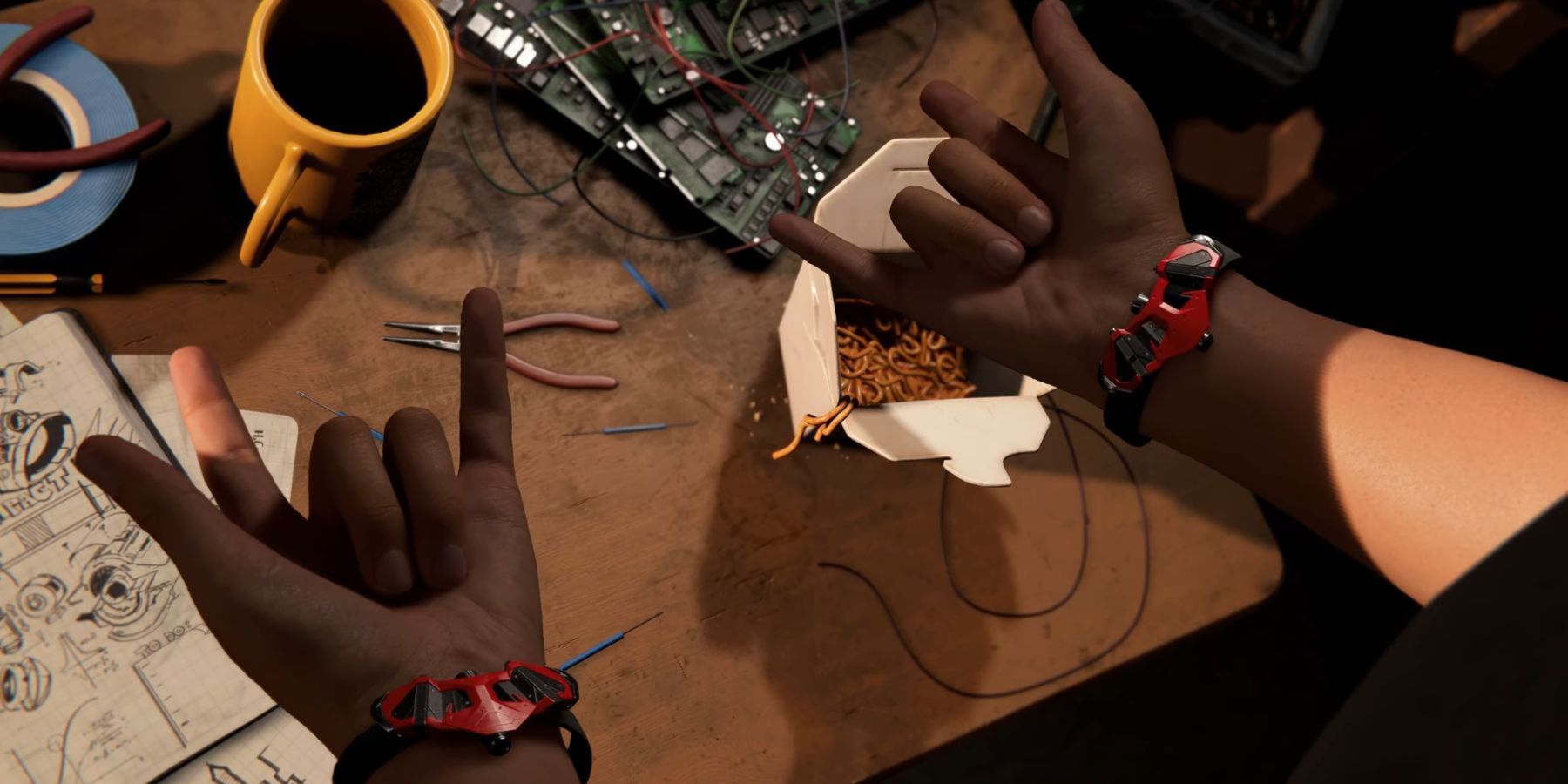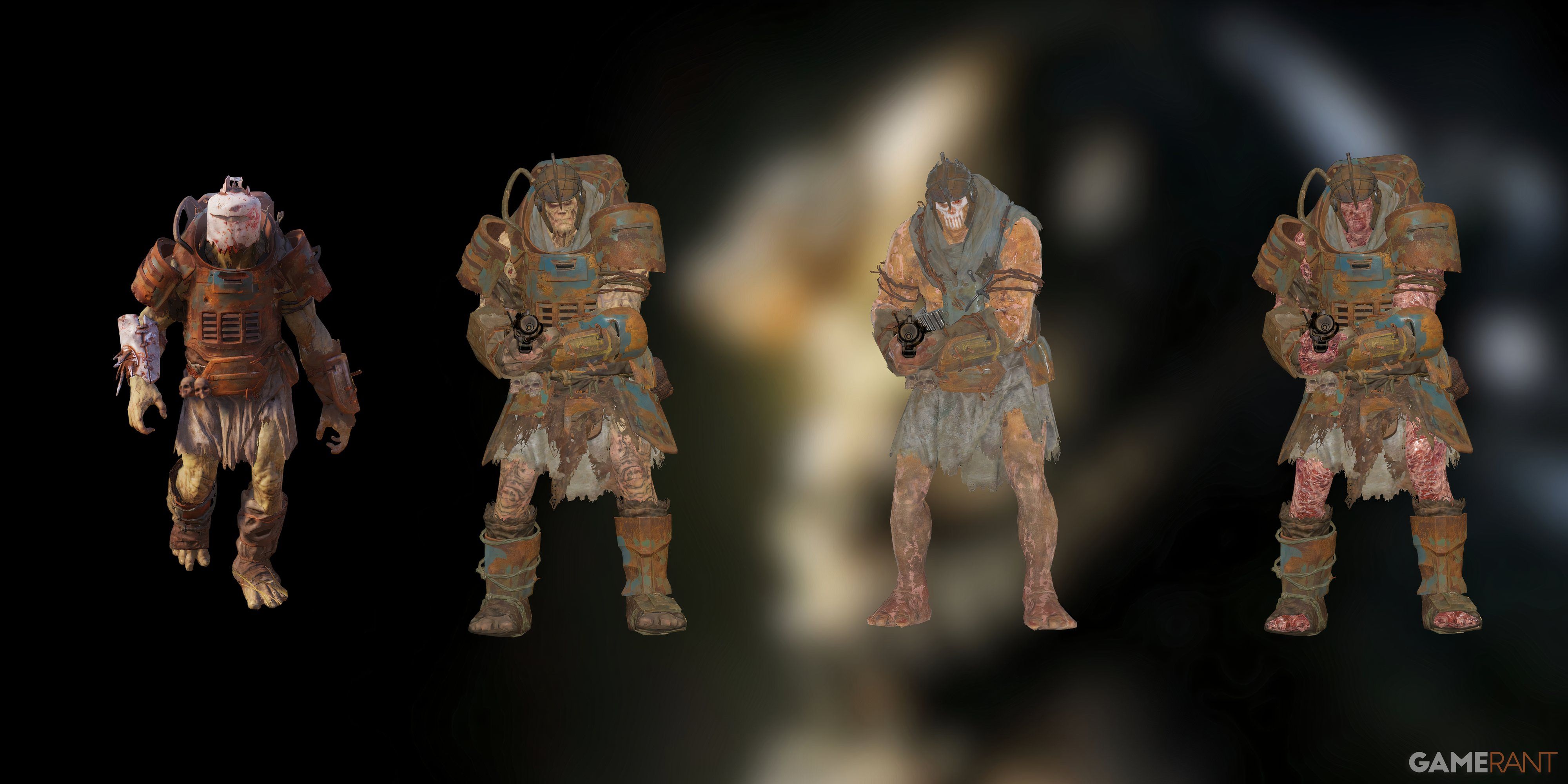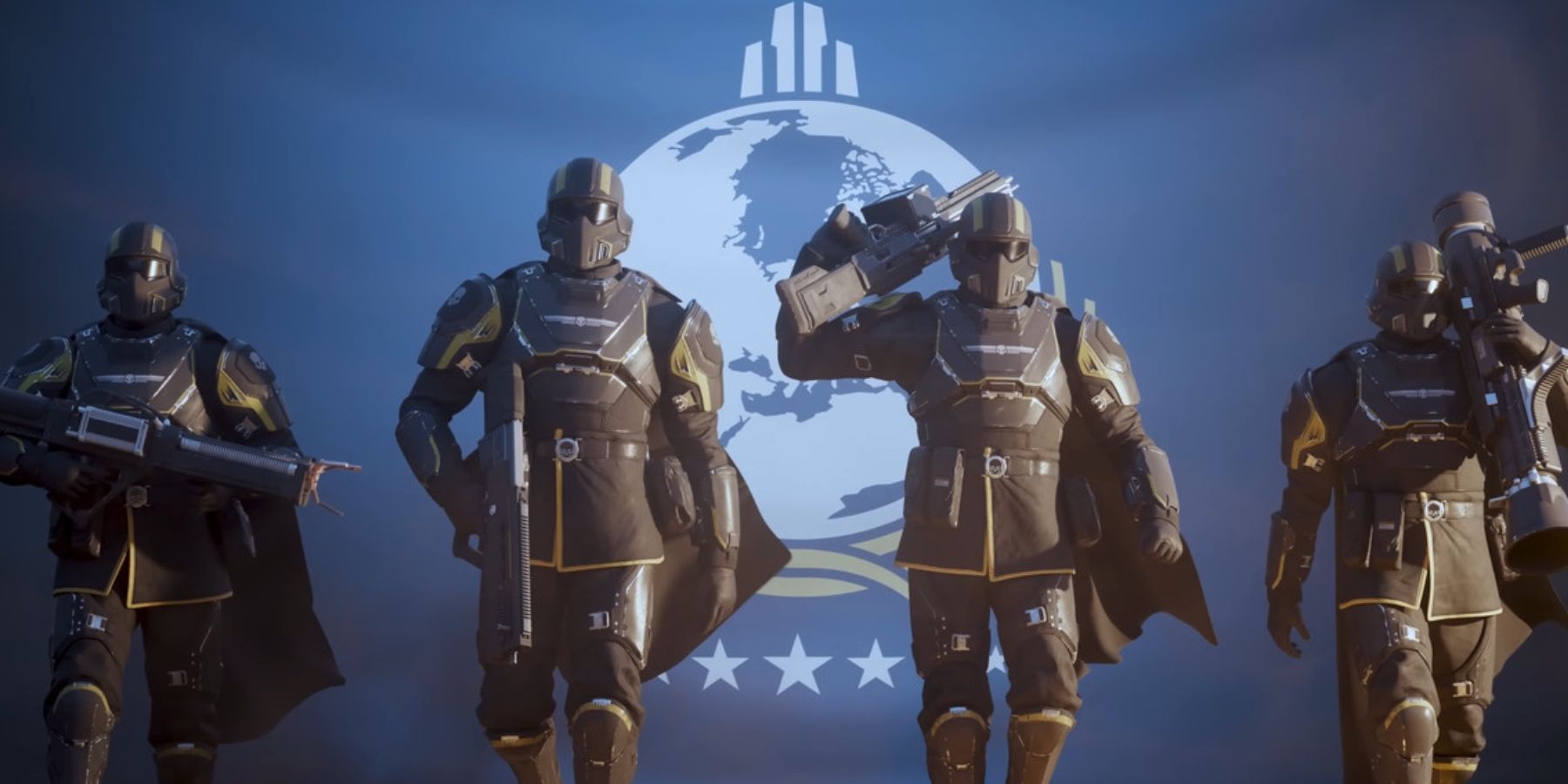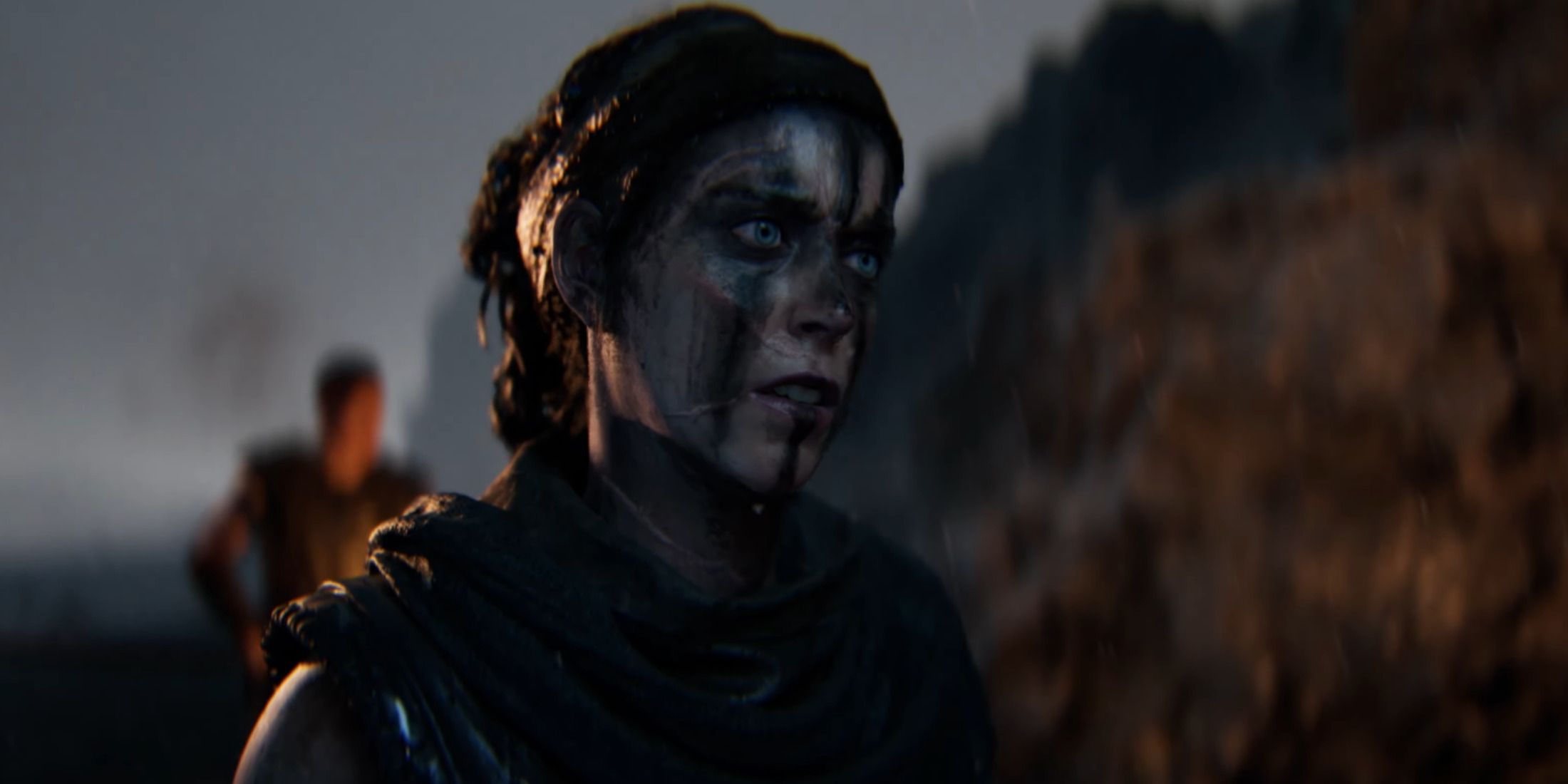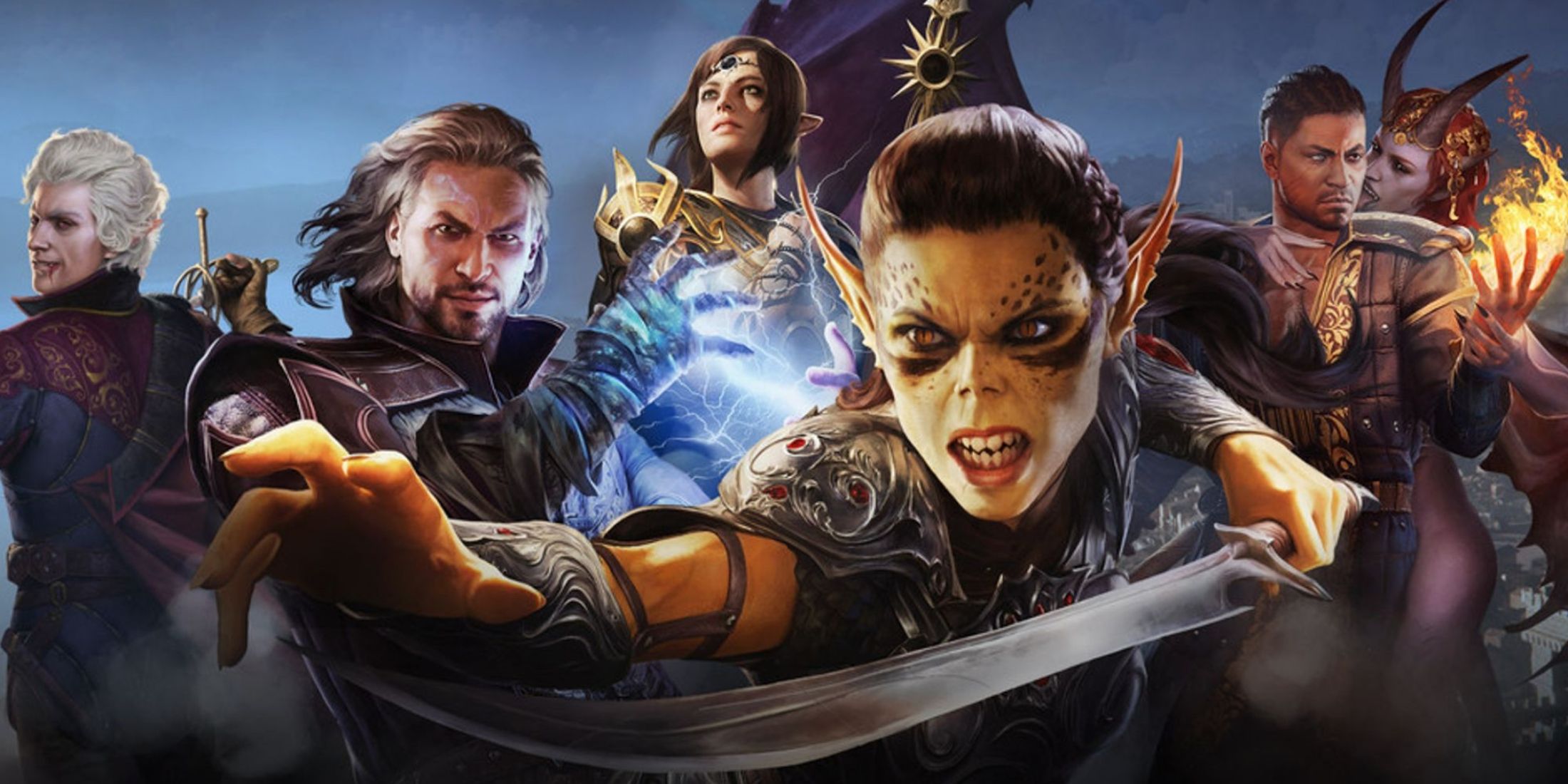Highlights
- Ghost of Tsushima’s grounded, realistic setting contributes to a more authentic and emotionally resonant experience, focusing on interpersonal relationships and historical struggles.
- The game’s realism enhances exploration, allowing players to appreciate the beauty of the realistic world without distractions from otherworldly elements.
- While a sequel to Ghost of Tsushima may face challenges in expanding the gameplay and world without betraying the identity of the franchise, maintaining a grounded approach without fantasy elements can keep the game distinct.
Sucker Punch’s 2020 hit Ghost of Tsushima is a game that is, in many ways, firmly rooted in reality. Taking place in 13th-century Japan during a Mongol invasion, Ghost of Tsushima stays away from the supernatural, unlike many other contemporary action games set in Ancient Japan. This is a core part of its identity, but also a limiting factor for the franchise as a whole.
As an open-world action-adventure game, Ghost of Tsushima‘s gameplay pillars can be broadly defined as combat and exploration. The game’s protagonist, Jin Sakai, is considerably talented when it comes to both of these activities, showing prowess in battle, horsemanship, survival, and traversal. However, he is still purely human, and his accomplishments never exceed his physical limits; the same can be said for his allies and enemies. The relatively grounded nature of Jin’s adventure sets the stage for the franchise as a whole, and this could be good or bad, depending on perspective.

Ghost of Tsushima 2 Has a Nearly Impossible Balance to Strike to Catch Lightning in a Bottle Twice
Ghost of Tsushima was able to strike a necessary balance that its sequel will need to somehow achieve if it wants the same open-world authenticity.
Ghost of Tsushima’s Realism: A Double-Edged Sword
Scouring the modern gaming landscape will yield remarkably few “grounded” games. Given the medium’s virtually boundless potential for unique experiences, it’s only natural that developers would show a preference for the more fantastical side of things. Still, grounded games like Ghost of Tsushima, while tethered to a sense of realism, have their advantages.
The strong, pervasive sense of historical realism in Ghost of Tsushima helps the experience feel more authentic, mature, and emotionally resonant. Free from mythological beings, superhuman abilities, and magic, the game’s story is plausible and engaging, with a strong focus on interpersonal relationships and real-world historical struggles over power and freedom. This isn’t to say that video game stories featuring fantasy elements are inherently bad, but when it comes to the story, world, and atmosphere that Ghost of Tsushima is aiming to provide, realism is a powerful tool.
Keeping the game’s feet on the ground doesn’t just help the story and world-building. Exploration, for one thing, is arguably enhanced by the realistic beauty of the world, as the player isn’t overwhelmed or numbed by constant otherworldly structures or sights; coming upon a vast poppy field or colossal Buddha statue is significantly more striking when the world mimics reality. Additionally, Ghost of Tsushima‘s combat simply wouldn’t be the same if it included over-the-top superpowers or otherworldly monsters as enemies.
Realism Helps Ghost of Tsushima, but Could Spell Trouble for the Sequel
A hypothetical sequel to Ghost of Tsushima will surely attempt to expand upon the gameplay, world, and stakes of its predecessor. In fantasy or science-fiction franchises, there are often several avenues available when pursuing this end; the developers of these games can add more fearsome enemies, otherworldly realms, powers, or novel, fantastical plot lines. In short, the sky is the limit for these sorts of games. By comparison, Sucker Punch has far fewer choices available as, beyond fixing Ghost of Tsushima‘s few problems, the sequel doesn’t have nearly as much room to grow.
Of course, it’s not impossible for the next game in the series to offer a distinct, robust experience, but it will likely require a subtle hand, making changes and updates that are substantial while not betraying the identity of the IP. Otherwise, the sequel could simply dive head-first into the supernatural, but this could have severe consequences, as the game could lose its identity.
At the end of the day, “grounded” is a relative term when it comes to games. Ghost of Tsushima is still far from realistic, as while Jin is not technically a superhuman, he performs incredible feats of strength, endurance, and agility with such frequency that he may as well be. By continuing to work in this area, Sucker Punch can keep the next Ghost of Tsushima fresh and exciting without resorting to the inclusion of fantasy elements.
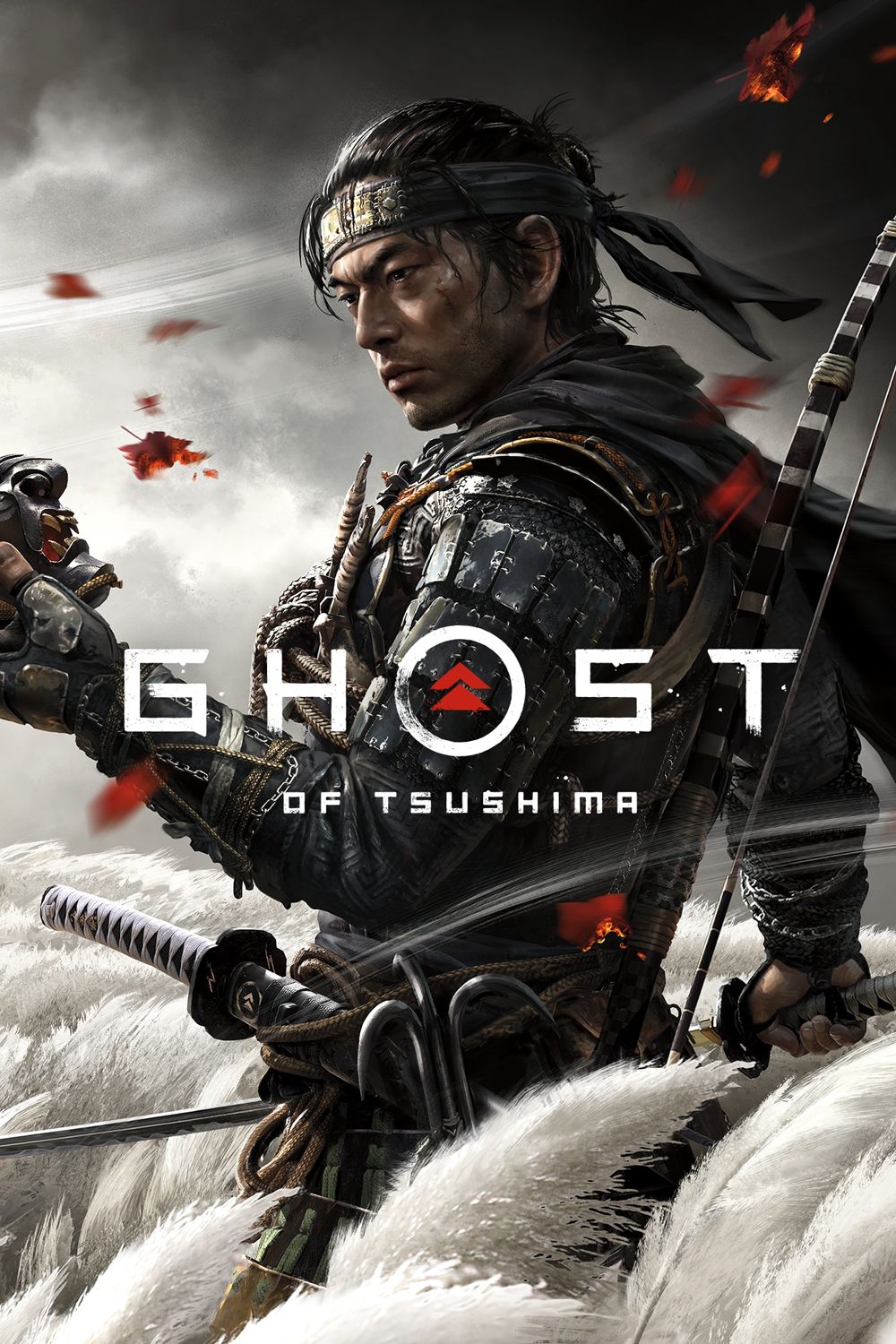
Ghost of Tsushima
Ghost of Tsushima follows Jin Sakai as he tries to protect his island home from the invading Mongol armies. The open-world action release features some stellar combat mechanics and some absolutely stunning visuals.
- Released
- July 17, 2020
- Engine
- Proprietary
- ESRB
- M for Mature: Blood and Gore, Intense Violence, Language, Partial Nudity
- How Long To Beat
- 25 Hours
- Metascore
- 83
- Number of Players
- 2-4
- PS Plus Availability
- Extra & Premium
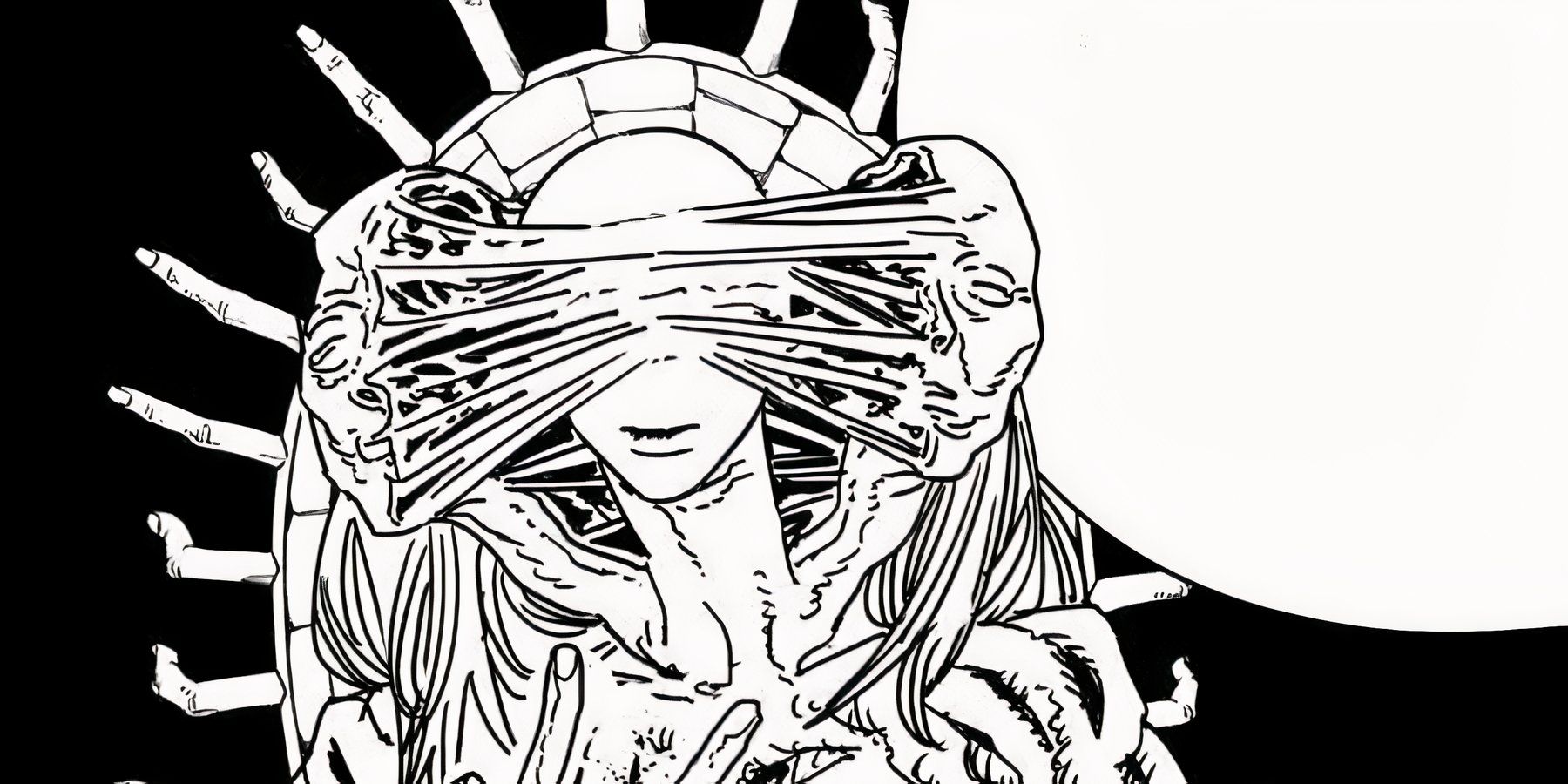
/cdn.vox-cdn.com/uploads/chorus_asset/file/24806200/236729_Garmin_Fenix_7S_Pro_AKrales_0127.jpg)
